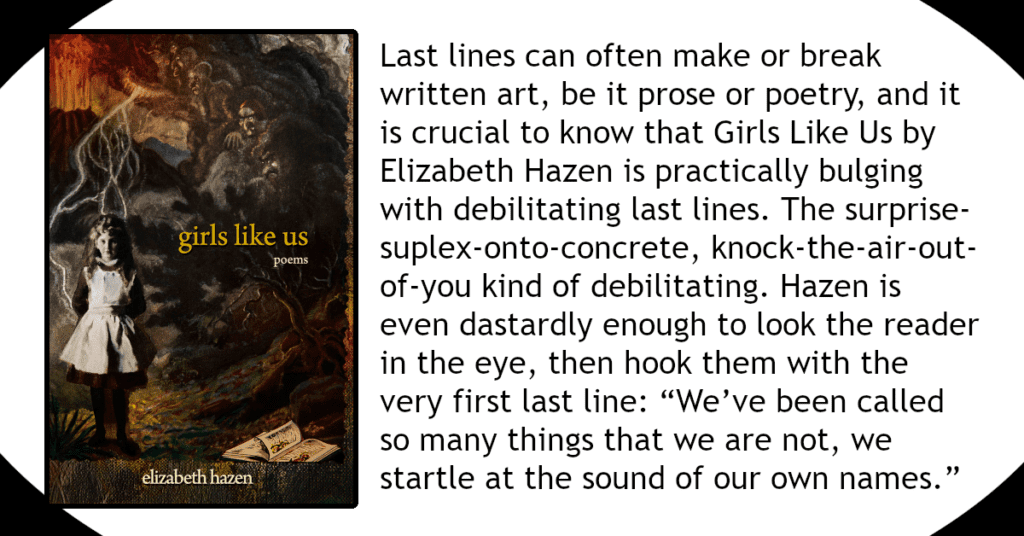LET THE DEAD IN Receives Glowing Review in Lightwood Press #10
"Agostini’s socially and spiritually aware poetry collection 'Let the Dead In' focuses on the duality between love and hate along with the way that these concepts integrate and clash"

Poet Robyn Hager reviews Saida Agostini's daring first collection let the dead in in the 10th edition of Lightwood. In her review, Hager praises Agostini's social and spiritual awareness as she contends with the violence and oppression facing black people in the United States. Below, read a small excerpt. Read the entire review in Lightwood's new issue here. Order let the dead in here.
Agostini successfully juxtaposes stark images from her life with deeply entrancing metaphors, and most poignantly in her poem "what love is" she compares the images of turmoil she witnesses between her parents with a dead buck on the side of the road whose
flesh ripped/exposing a dark black machine/so soft, stinking and fragile that years/later you’ll remember the risk of loving/something that wild
The author’s ability to display these powerful, and sometimes gruesome, epithets about life shines through in the entirety of her collection.
Reuben Jackson Joins WPFW’s “The Sound of Surprise”
Beginning May 1st, Reuben will begin as host of DC radio channel WPFW’s “The Sound of Surprise.” The show runs from 4 to 6pm and Reuben will be alternating every other Sunday with the program’s creator, Larry Appelbaum.
A Book and Its Cover: Rose Solari Reviews Two New Collections of Poetry for WIRoB
Rose Solari’s latest review column for Washington Independent Review of Books tackles two stellar new collections by established small-press poets, Terry Ellen Cross Davis and Dan Beachy-Quick. As with all her reviews, Rose uses a common theme to link the subject matter of the books she is reviewing. This month, she explores how the cover design is mirrored by the poetry and vice versa.
New Review of Girls Like Us: GLU “Bulges with Debilitating Last Lines”
In Lannie Stabile’s new review of Elizabeth Hazen’s second collection Girls Like Us, she raves about the effect of Hazen’s “last lines.” Girls Like Us, she says, is “bulging with debilitating last lines.” Like this one in the opening poem “Devices,” that Stabile points to as like a “hook,” “We’ve been called so many things that we are not, we startle at the sound of our own names.”


